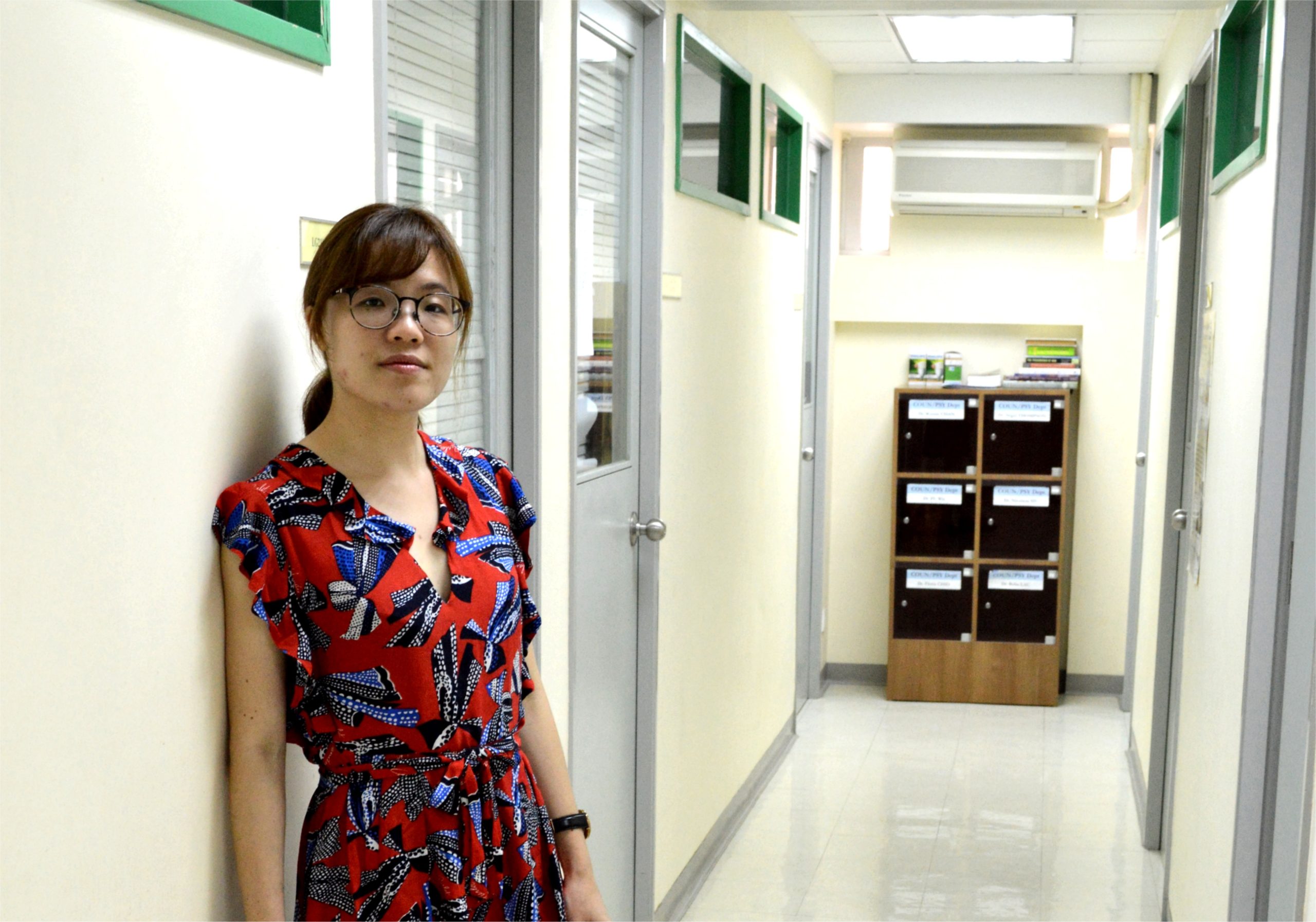Project Title (Research Grant Council Faculty Development Scheme funding project): Adapting to the challenges of the tenth decade of life: A mixed method study with Hong Kong near-centenarians and centenarians
Principal Investigator: Dr. LAU Hi-po Bobo (Assistant Professor, Department of Counsellling Psychology)
Funding period: 36 months
Amount awarded: HK$1,103,042
Worldwide, the population is aging rapidly. One in two children born after the year 2000 is expected to live up to his or her 100th birthday. Hong Kong is no exception. The number of centenarians has been expected to rise from 3,645 in 2016 to 46,800 in 2064, which is an increase of twelve-fold. Dr. LAU Hi-po Bobo’s research on local centenarians’ adaption to challenges of life, with focus on how they make use of their personal and social resources, is expected to inform the next era of policies that will suit the needs of families with adults of advanced age.
In an interview with Shue Yan Newsletter, Dr. LAU said enabling the oldest members of our society to live a dignified, autonomous and satisfying life, despite their age, is the key goal for initiatives and policies that support successful aging for all. Survival to age 80 is qualitatively different from survival from 80 to 100 years or older. The latter group tends to face more physical frailty, more difficult recovery from diseases, the departure of their spouse and even of their adult children, and their own imminent death.
According to Dr. LAU, centenarian study has been rare in Hong Kong. The first centenarian research was a survey done by Dr. CUEUNG Karen Siu Lan of The University of Hong Kong in 2011, which included 153 centenarians and near-centenarians (aged 95-99). The main purpose of the study was to find out the physical and psychosocial well-being of them. Instead, Dr. LAU’s study will investigate how these extremely old individuals cope with their multidimensional challenges using a century’s worth of coping resources and strategies.
Dr. LAU said her study conceptualizes the coping process of centenarians and near-centenarians as managing the loss and gains of limited personal and social resources. To cope with an adversity, older adults have to deploy personal and social resources to various reactive and proactive, cognitive and behavioural coping strategies. Successful resolution restores well-being and may lead to growth in resources. Families of these older adults are situated in the current era where aged-old wisdom constantly meets with new technologies under the changing normative family structure. In exploring the coping process, this study will investigate the impacts of indigenous wisdom, family caregiving and use of technology on the quality of life of the older adults and their families.
“Our findings will enable policymakers and care professionals to devise responsive strategies to facilitate aging-in-place for older adults and support to families with adults of advanced age as well as prepare the younger cohorts for aging successfully into their last decade of life.” Dr. LAU said.
According to Dr. LAU, her study will employ a convergent parallel mixed-method design. About 150 cognitively sound Hong Kong Chinese older adults who have had their 95th birthday and can converse clearly will be recruited together with their primary family caregivers. The Hong Kong Council of Social Service will support the recruitment of participants through their networks of elderly and rehabilitation services. The selection process was planned to start on January of 2020 but was interrupted by the outbreak of coronavirus disease 2019. It will resume after palliation of the local outbreak.
Quantitative data, including physical health, psychological well-being, social support, spirituality, personality, coping strategies, lifestyles, health and social care utilization, use of technology, caregiving experience and demographic characteristics, will be collected through a structured survey.
Dr. LAU said accounts of participants coping with adversities will be assessed using a life-story interview approach. Both quantitative and qualitative data will be collected through face-to-face interviews. Each data collection session will last for about 2.5 to 3 hours, with both the caregiver and the older adult participating.
“While the quantitative data will facilitate comparisons across participants and with international centenarian studies, qualitative data will provide rich contextual information about participants’ struggles and coping processes. The use of the mixed-method approach balances the depth and breadth of the information collected.” Dr. LAU said.
Dr. LAU added: “As the third generation of centenarian studies begins to blossom worldwide, a centenarian study of Hong Kong Chinese older adults that is based on a clear conceptual framework with emphasis on the contribution of indigenous wisdom and gerontechnology, that capitalizes on the strengths of quantitative and qualitative methodologies, and that engages the voices of family caregivers is urgently needed to inform the next era of policies that will suit the needs of families with adults of advanced age.”
Source: May Issue 2020
